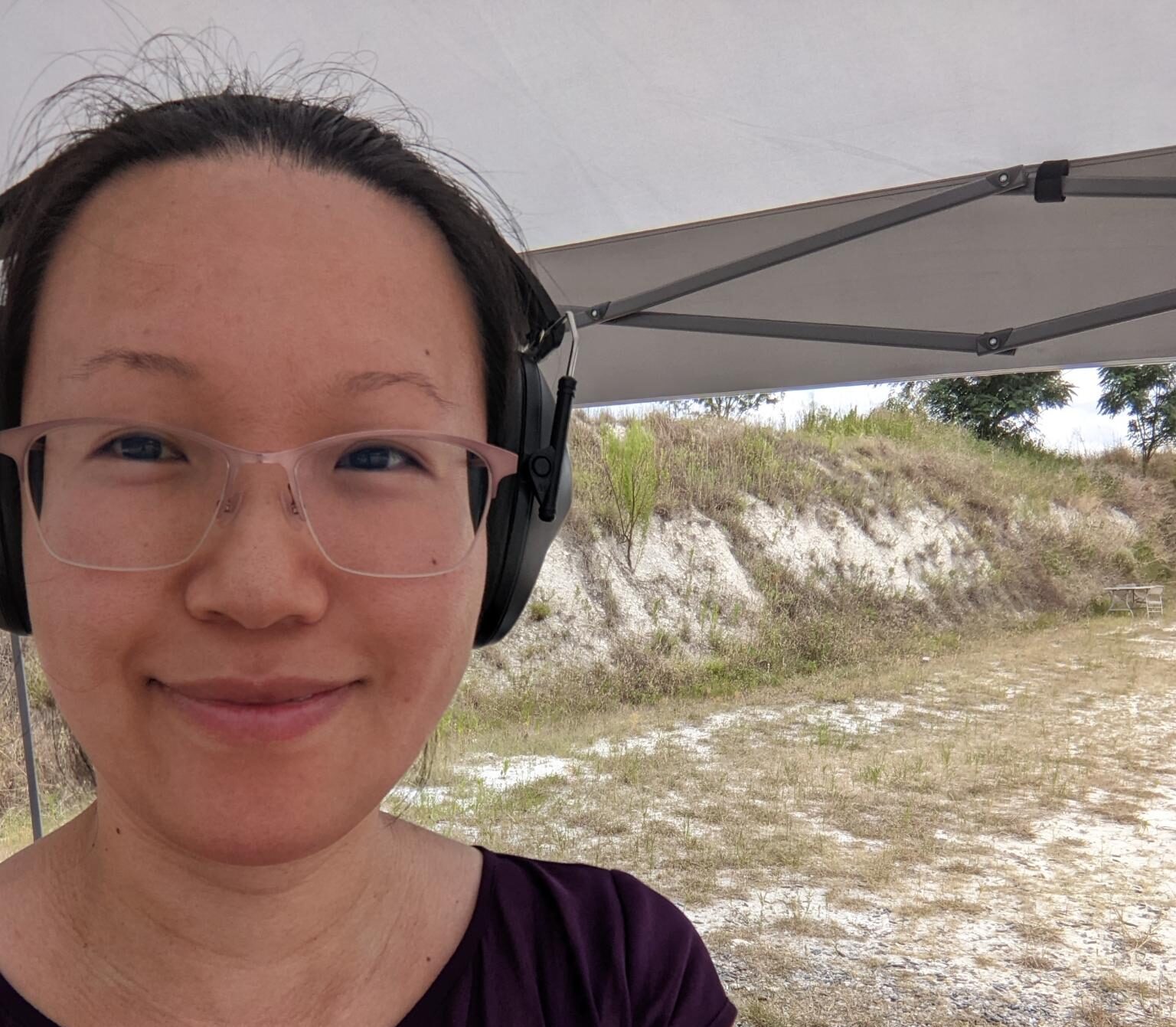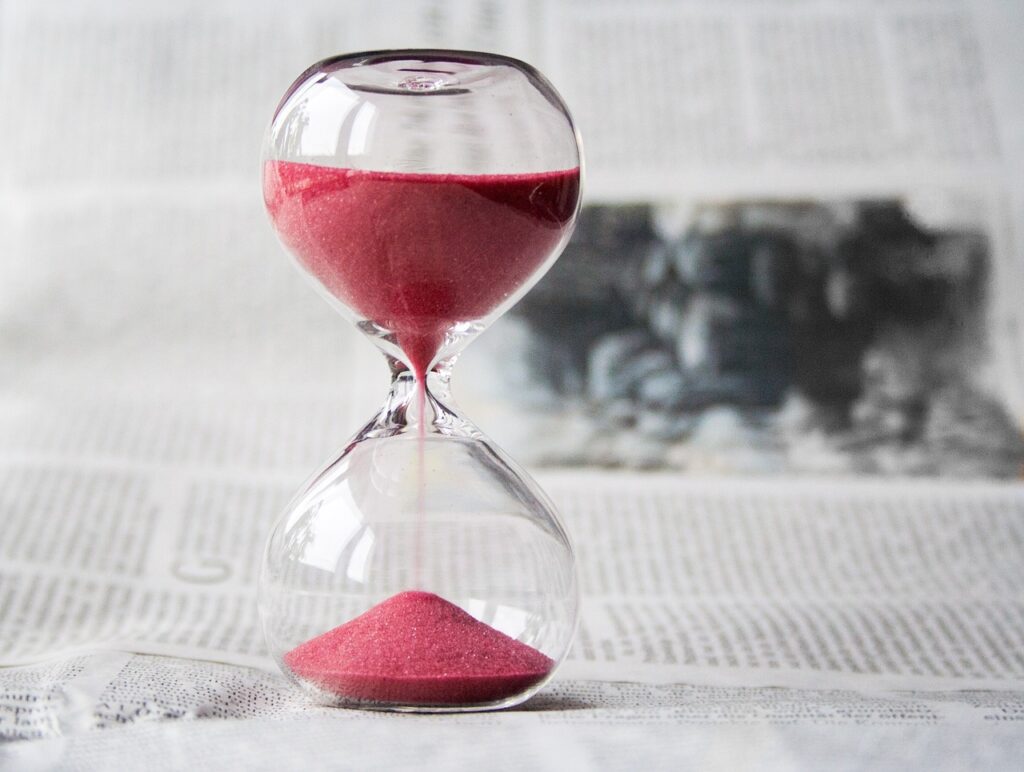
“We regret to inform you that you have not been accepted to our medical school…”
After years of hard work, sacrifices, standardized exams (looking at you, MCAT), and meticulous preparation of medical school applications, all with the singular goal of getting into medical school, receiving a rejection letter can leave your soul feeling utterly crushed. Or worse, maybe you did everything right, but you weren’t even granted an interview.
I failed the first time I applied to medical school. I received a letter with that statement above, from 100% of the schools I applied to. I also received zero interviews.
Fewer than half of applicants to U.S. medical schools typically receive acceptance letters, according to data from the Association of American Medical Colleges [1]. And every year, the applications get more competitive.
But let’s back up for a moment.
When Medicine Called, I Answered
Growing up, I was lazy and spoiled. I was spoiled because my parents doted on and fretted over my younger siblings and me. I was lazy because I was naturally clever, something I hadn’t earned. Moving to more advanced classes and harder subjects at school was like a puzzle that got more and more difficult, but I always figured out how to solve it eventually. As a result, I had no troubles, no study skills, and no discipline.
When I made the decision to pursue medicine, that all changed. Once we started classes on topics like life sciences, biology, and organic chemistry, I reached the limits of my natural gifts and began to struggle. I could not get the hang of those topics, and I could no longer sail through classes.
To make things more fun, my mother strongly objected to medicine as a career. My father, a man of few words, did not object but it was clear I was on my own on this path.
Finding Premed Motivation
In college, I got my first-ever C grade in organic chemistry, along with a bunch of other non-A grades. My first semester ended in seemingly complete failure.
I quickly gave in: Well, that’s it. Medicine is not for me. I decided to try going into teaching instead.
Then an old friend reached out. I told her about my change. “That’s too bad,” she replied. “I kind of thought you might be one of the ones to actually make it.”
Make what? I wondered. I was no longer a straight-A student. There was nothing left to make. But after that conversation, I withdrew from all my teaching classes and signed up for a batch of pre-med prerequisites.
Each class required hours of study each week that I was woefully unaccustomed to. Despite my efforts, I still did poorly on quizzes and tests, and my worst grades were in the classes most related to medical topics.
However, I persisted, sensing that I needed the challenge, although not fully understanding. Semester by semester, I slowly brought up my grades from C’s to Bs. I signed up for volunteering, part-time work, and research, like all the pre-med students did.
Slight Detour off the Journey to Medical School
The culmination of my efforts was supposed to have been a letter congratulating me on my acceptance to medical school—but that is not what happened. So, now what?
Instead of medical school, I enrolled in a Bible school for 2 years. During that time, I prayed and meditated. This process helped me to see things more clearly and to learn how to be at peace despite the outward circumstances. I endeavored to adjust my lenses on how I saw life, to better understand what I wanted.
Transforming Rejection into Success
If you find yourself in my position, facing medical school rejection or having fallen short of any undertaking you’ve given yourself, consider taking the following four steps:
- Give yourself time to recover. Not reaching a long-sought goal can be a shock. Give yourself time to acknowledge what happened. Try to be objective rather than subjective. For example, “I didn’t get into competitive school X because my grades made me a less competitive applicant,” rather than, “The school hates me because I’m stupid and terrible.”
- Reflect on your goals. The road to becoming a doctor doesn’t end with medical school. It includes multiple high-stakes examinations, applying for residency, surviving residency itself, and more high-stakes examinations to become certified to practice, culminating in a profession caring for the health and well-being of patients and pledging to maintain medical expertise and acumen throughout the rest of one’s career. Despite the sting of failure, the substantial challenges, and the risk of running into failure again, is this goal still worth it to you?
- Consider your options. What actions can you take to reach your goals? Many premed students have been helped by doing a post-baccalaureate, obtaining more extensive clinical experience, participating in a meaningful activity such as humanitarian aid, or seeking the services of a consultant to help bolster their application.
- Reassess your medical school application. Shore up any weak points in your application, including finding a better approach to any red flags. Consider other medical schools, or apply to more schools. Be realistic in planning.
Your failures can make you stronger. And who knows, one day, you might be able to help someone else in the same boat.
On my second round of applications, I applied to the school that would one day be the place where I’d receive my MD. The process was super straightforward, without complications. I had found the right place to pursue my goals. I wish you the same.
Jennifer Conroy, MD is a physician, medical writer/editor, and Family Medicine Champion at Rosh Review.
Everyone’s journey to becoming a doctor looks different, but they all start with the MCAT and applying to medical school. Blueprint MCAT can help you at every stage of your journey with free MCAT resources, MCAT courses, and medical school admissions consulting.
Search the Blog

Free Consultation
Interested in our Online MCAT Course, One-on-One MCAT Tutoring or Med admissions packages? Set up a free consultation with one of our experienced Senior Student Advisors.
Schedule NowPopular Posts
-
MCAT Blog What's on the MCAT?
-
MCAT Blog How to Review MCAT Full Lengths

Free MCAT Practice Account
Need great MCAT practice?Get the most representative MCAT practice possible when you sign up for our free MCAT Account, which includes a half-length diagnostic exam and one of our full-length MCAT practice exams.
Learn More







